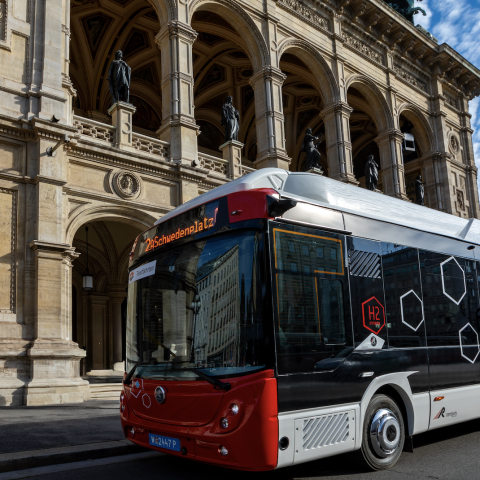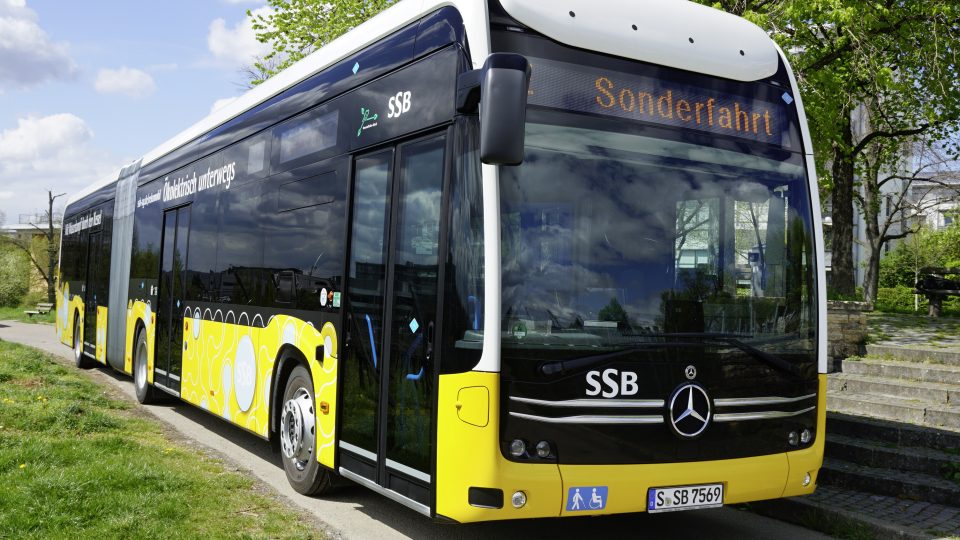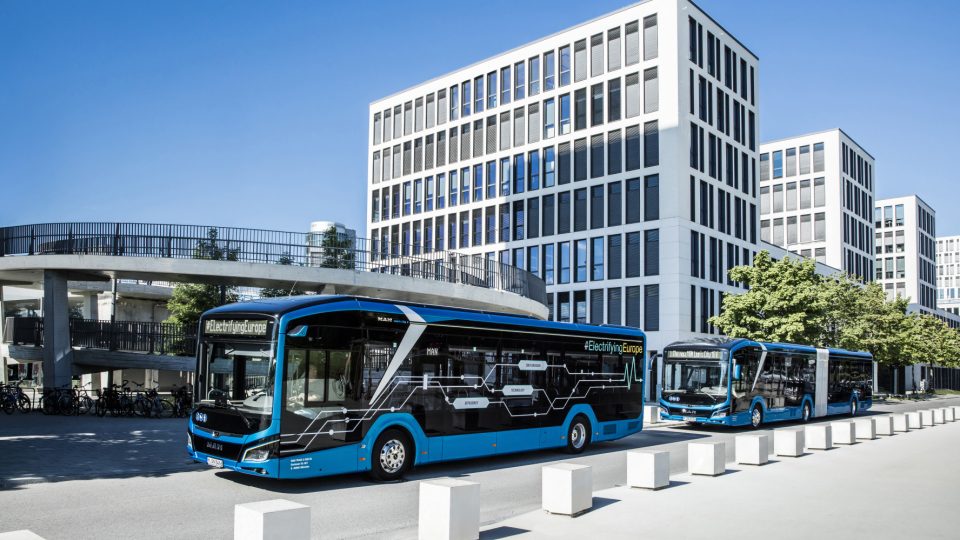Wiener Linien buys short hydrogen city buses (by Rampini) for operations in city centre
From mid-2025, the electric buses in Vienna’s city centre will be replaced by new fuel cell buses. It’s a stark opening, that of the press release sent out by Wiener Linien on 29th July. Stark because it implies a change of direction compared to what done so far (and to what is common all over […]

From mid-2025, the electric buses in Vienna’s city centre will be replaced by new fuel cell buses. It’s a stark opening, that of the press release sent out by Wiener Linien on 29th July. Stark because it implies a change of direction compared to what done so far (and to what is common all over around Europe), i.e. the use of BEV technology specifically for inner city routes.
Following a Europe-wide tender, Wiener Linien states it is investing in ten new minibuses from the Italian manufacturer Rampini. These are the Hydron model powered by both hydrogen and electricity and are the first minibuses to utilise this technology. They will replace the purely electric buses on lines 2A and 3A, also provided by Rampini, “which have reached their mechanical limits”, the operator states.
Wiener Linien to deploy also CaetanoBus fuel cell buses
Wiener Linien opened a new competence centre for electromobility in February of this year, and six bus routes have now been converted to purely electric drives, with 30 twelve-metre-long Mercedes eCitaro in operation (they’ll be 60 at the end of the supply). In 2025, pure hydrogen buses will also be used alongside the new range extender minibuses from Rampini. Also ten buses from Portuguese manufacturer CaetanoBus, 12-meter long, will be travelling on route 39A, following a tender awarded in February 2024.
The new buses will be refuelled and charged at an H2 filling and charging station operated by Wien Energie and Wiener Netze. Green hydrogen produced locally in Vienna will be used.
What is quite interesting, before the tender awarded to CaetanoBus, Wiener Linien had a Solaris fuel cell bus in pilot and a deal for a 10-units purchase. But, according to media reporting, Wiener Linien explained that Solaris’s hydrogen buses did not meet their expectations, while Solaris, on the other hand, stated that it was their decision to withdraw from the business.
Vienna to adopt fuel cell technology for city center, with Rampini
In future, Wiener Linien will be even more flexible in the city centre. The dimensions and external appearance of the current bus and its successor are similar. However, the Rampini Hydron (launched in late 2022) features, in addition to the 230 kW electric motor that draws its energy from a 170 kWh battery, a hydrogen fuel cell generating new electrical energy during the journey so that “the bus can be in use all day without recharging thanks to the range extender technology”, still in the words of Wiener Linien. The motivation for such choice is made clear by the carrier itself: “This means that charging infrastructure is no longer required in the city centre and the vehicle fleet for routes 2A and 3A can be reduced from 12 to 10 buses”.
Public Transport Councillor Peter Hanke explains: “Together with the Ministry of Climate Protection and the EU, we are investing around 12 million euros (more than 1 million per bus, editor’s take) in the purchase and maintenance of the new Rampini buses. These buses are proof of our consistent switch to climate-friendly drive technologies and make Vienna a European pioneer in the decarbonisation of local public transport”.
Wiener Linien Managing Director Gudrun Senk: “We tested the new bus intensively in advance and are utilising the synergies within the Wiener Stadtwerke Group with the new drive system. The innovative battery-hydrogen technology enables all-day operation without charging interruptions. The green hydrogen required is produced directly on site in Vienna, meaning that we are independent and climate-neutral when travelling”.
Caterina Rampini, Vice President and CEO of Rampini, says: ‘We are delighted that Wiener Linien, one of our first and best customers outside Italy, has ordered buses from us again. We are particularly proud that these are buses of our new and innovative Hydron type, which is the first hydrogen midibus to be manufactured in Europe“








